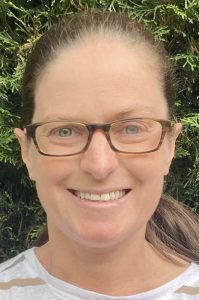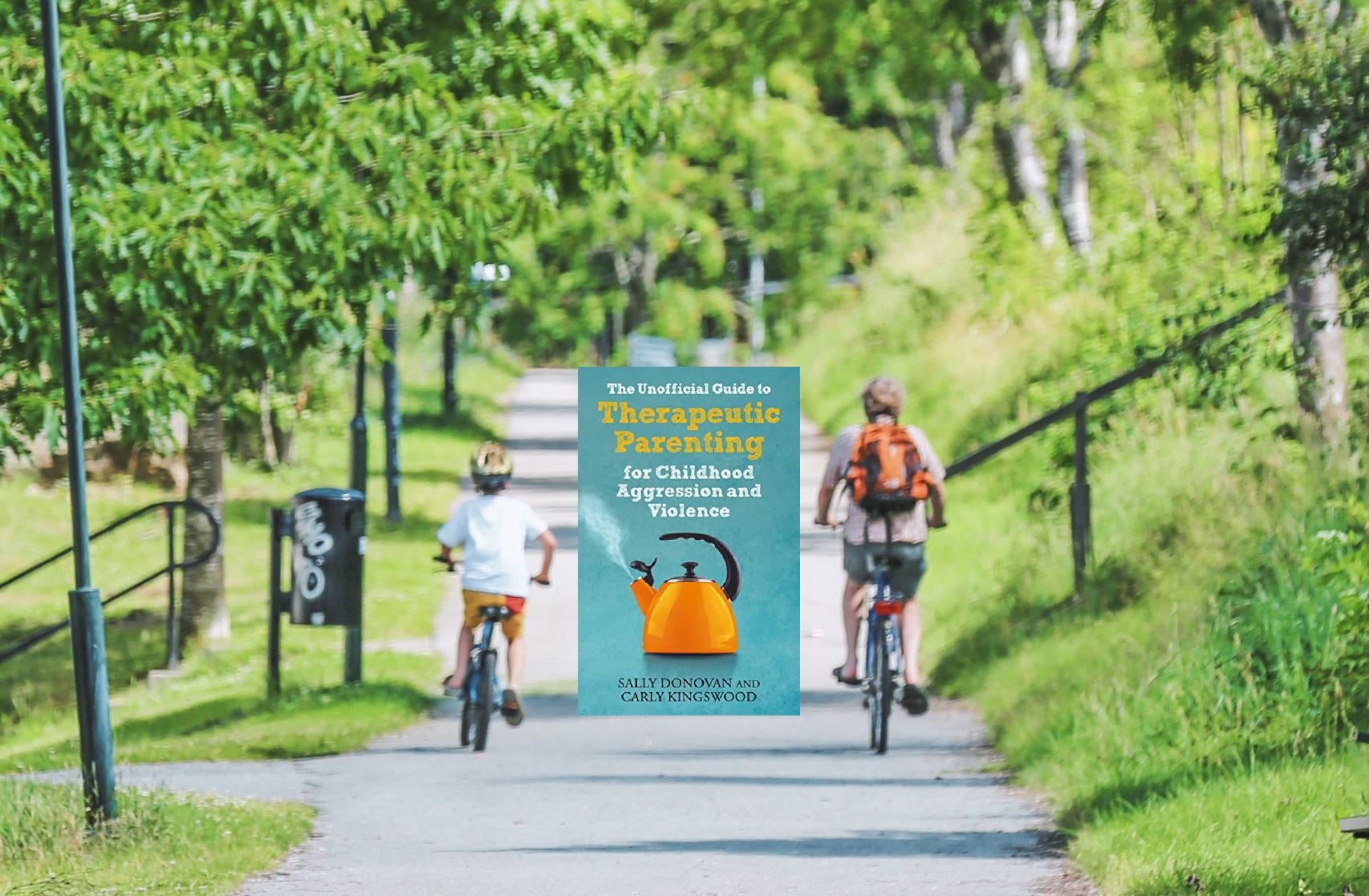 Hannah Milton is a GP, mum, and a runner.
Hannah Milton is a GP, mum, and a runner.
Prior to becoming a parent, I believed that aggressive children must have aggressive parents, but after reading this book, I have learnt that this is far from true.
Sally Donovan OBE is an adoptive parent and writer who has written many books to support traumatised children and their parents. She has a gift for simple but thorough writing and her work is full of empathy. For this book, Sally Donovan has teamed up with Carly Kingswood, a former child protection social worker and foster carer and now a Dyadic Developmental Psychotherapist. They are both well qualified to write this book with academic knowledge as well as real world experience of childhood trauma and aggression.
The book is not only aimed at foster carers and adoptive parents but would be of use to other parents whose children display aggressive behaviours. Trauma can happen to children in lots of different types of families for many reasons: “parental divorce or separation, family conflict, bereavement, displacement, racism” and “medical trauma, bullying…” so I think it is a useful book for GPs to know about. I find it interesting that racism is often highlighted in books about trauma, and I expect it must be hard for children to understand and articulate that racism is impacting them as it can be so insidious.
There are short chapters with subheadings and a summary, which makes it easy to dip into for parents living with high levels of stress and low levels of time to themselves. It is no manual of ‘magic answers’ because unfortunately, like the rest of medicine and psychology, there are no magic answers. But the book does give plenty of examples and creative ways to tackle aggressive behaviour.
To understand childhood aggression, it is important to understand the neuroscience behind the reactions displayed by children…
To understand childhood aggression, it is important to understand the neuroscience behind the reactions displayed by children and this book manages to explain this in an easy-to-understand way. This is an evolving area of research because of the long-term implications of traumatic experiences in children. Sally highlights that using the neuroscience to be an effective therapeutic parent is an art form, which reminds me of our job as GPs!
I particularly like that the authors use the phrase “children who express their distress through aggression”. It might seem a petty difference to “aggressive children”, or “children who are aggressive” but it packs the point that these children are distressed and need compassion, understanding and support; shame doesn’t help. These children don’t want to deal with their life problems with aggression, but they have often not yet learnt the tools to express their feelings in a more socially acceptable way. But at the same time, living with child aggression can create toxic stress in the parents and even lead to secondary trauma.
This book doesn’t replace referral for therapeutic support, but it does help family doctors understand the complex causes and suggested strategies for children with aggressive behaviours.
Featured book: Donvan S, Kingswood C. The Unofficial Guide to Therapeutic Parenting for Childhood Aggression and Violence. London: Jessica Kingsley Publishers; 2023. 256 pages. RRP £14.99. ISBN: 978-1-83997-011-5
Featured image by Yiwen on Unsplash






